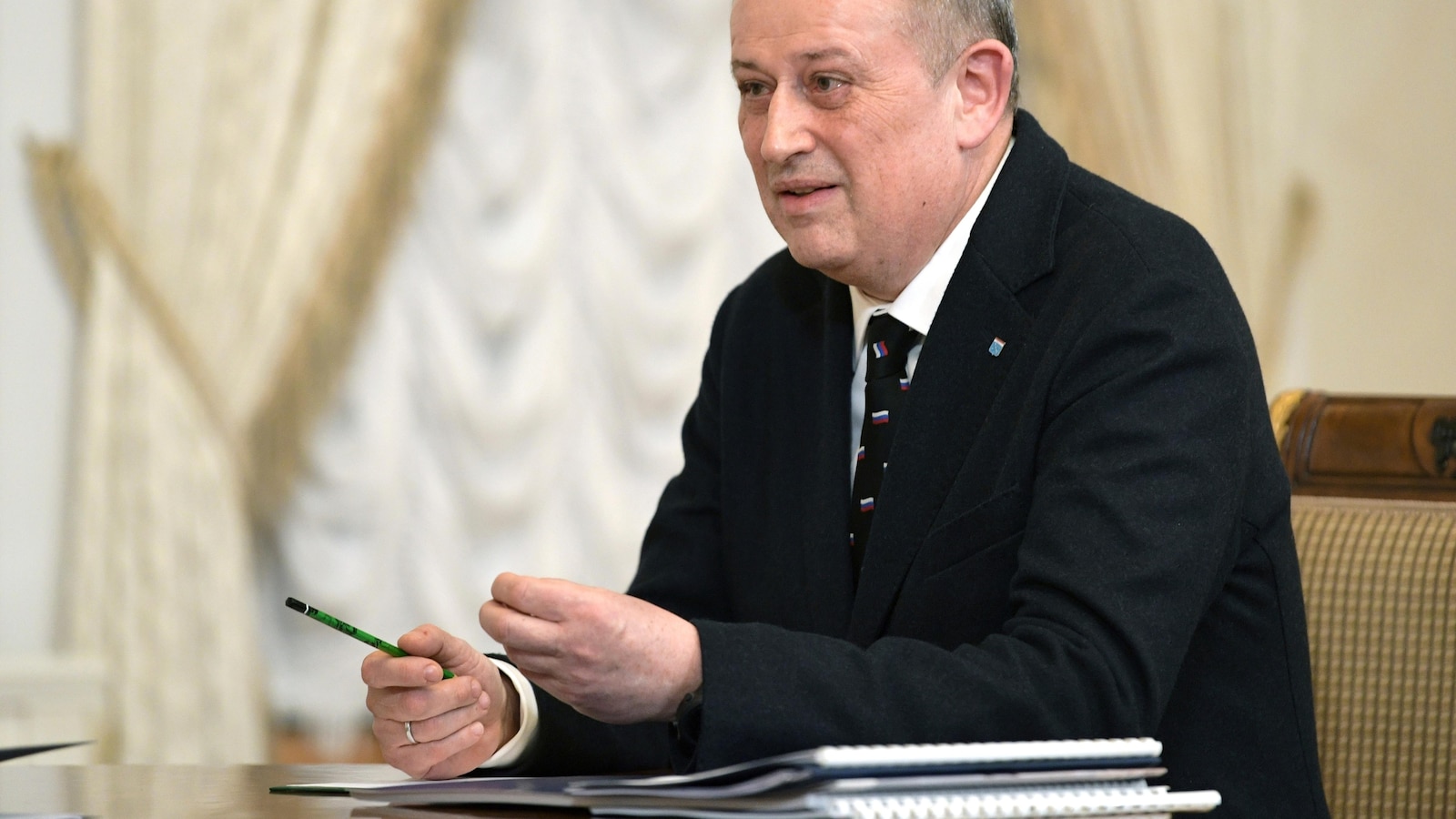The so-called ‘war on drugs’ has been called ‘a great imperial hypocrisy’ that allows the US to pressure Latin American states.

Published On 14 Sep 2025
History Illustrated is a series of perspectives that puts news events and current affairs into historical context, using graphics generated with artificial intelligence.










 3 hours ago
1
3 hours ago
1










 English (US) ·
English (US) ·